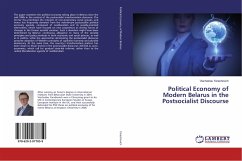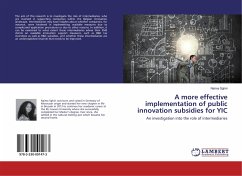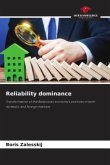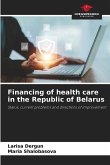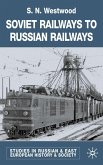The paper examines the political economy taking place in Belarus since the mid-1990s in the context of the postsocialist transformation discourse. The former has prioritized the interests of non-proprietary social groups, and hence has frequently deviated from the mainstream postsocialist political economy agenda, composed of neoliberalism and its socially-oriented alternatives, which have focused on new proprietors as driving forces of changes in the former socialist societies. Such a deviation might have been determined by Belarus' continuous allegiance to many of the socialist principles and policy methods in both economic and social spheres, as well as in politics, while the approaches dominating the postsocialist discourse presume adoption of Western principles of capitalist economy and pluralist democracy. At the same time, the country's transformation pattern has been closer to those trends in the post-socialist discourse, defined as socio-economics, which call for gradualstate-led reforms, rather than to the radical liberalization agenda of neoliberalism.
Bitte wählen Sie Ihr Anliegen aus.
Rechnungen
Retourenschein anfordern
Bestellstatus
Storno

